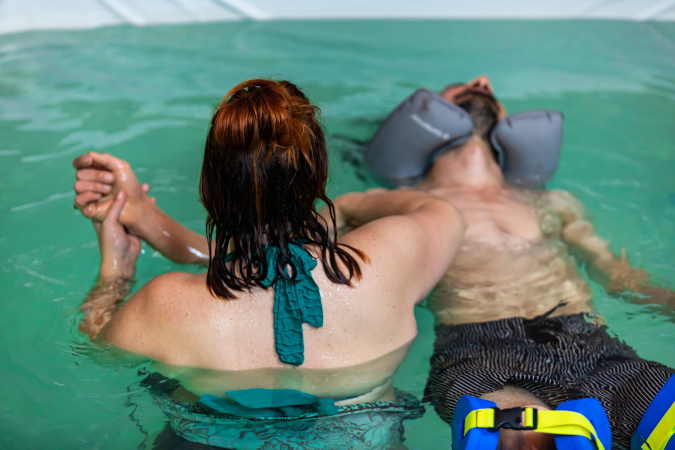
Recreational therapists may work in acute care, rehabilitation centers, long term care homes, mental health care, addiction services, correctional facilities, community-based programs private practice, etc.
Average Hourly
$35.81
Range Hourly
$16.85 – $50.33
Average Yearly
$69,823
Range Yearly
$32,855 – $98,144
Other professional occupations in therapy and assessment (3144)
Art therapist
Art therapists' supervisor
Art therapy consultant
Art therapy teacher (except education)
Athletic therapist
Athletic trainer - therapy
Certified athletic therapist (CAT)
Dance therapist
Dance therapists' supervisor
Dance therapy researcher
Dance-movement therapist
Dance-movement therapy researcher
Drama therapist
Drama therapists' supervisor
Exercise physiologist
Exercise therapist
Human kineticist
Kinanthropologist
Kinesiologist
Movement analyst - medical
Movement therapist
Music therapist
Music therapists' supervisor
Music therapy researcher
Recreational therapist
Registered dance therapist (DTR)
Registered kinesiologist
Remedial gymnast
Remedial gymnastics teacher (except education)
Remedial gymnasts' supervisor
Remedial therapist
Spontaneous art teacher - therapy
Therapeutic recreationist
A bachelor’s degree in recreation therapy or related filed such a Kinesiology, Gerontology, Recreation and Leisure studies, etc. is usually required.
Average hourly |
Range hourly |
Average yearly |
Range yearly |
$35.81 |
$16.85 - $50.33 |
$69,823 |
$32,855 - $98,144 |
High.
Employment outlook is good to fair in most provinces. More information are available here.
Advancement opportunities vary depending on the organization and the therapist’s academic qualifications.
2-3 years of experience is required
University programs in Recreation or Therapeutic Recreation:
It can also be started with some diploma programs at some colleges that can later be continued as bachelor programs at some universities.
Diploma in Recreation or Therapeutic Recreation:
Find more institutions offering such programs.
Kind; sympathetic; excellent communication skills; critical thinking skills; Organizational skills, excellent people’s skills, CPR/First Aid certification may be required; they may have to take part in activities that require above-average strength and stamina; A class-4 or 5 driver’s license may be required.
This is currently not regulated by the national or provincial government approved regulatory body, however, the relevant associations such as the Alberta Therapeutic Recreation Association (ATRA) in Alberta are trying to make it regulated. Moreover, the employers usually require registration with national association of recreational therapist such as Canadian Therapeutic Recreation Association (CTRA) or a provincial one (e.g., ATRA). To become certified usually one need to pass the National Council of Therapeutic Recreation Certification (NCTRC) exams.
The most secure way is to complete a Bachelor degree in Kinesiology, Gerontology or Recreation and Leisure studies subjects. Then apply and write the NCTRC exams and obtain licensure from provincial and/national certifying body.
Other ways might be doing prerequisite courses for the NCTRC exams online or complete a diploma online such as from Canadore College, and get a required hours of (~1,500 hours) supervised work experience (by a CTRS certified supervisor) as a recreational therapy aide/assistant and then apply to NCTRC through equivalency path.